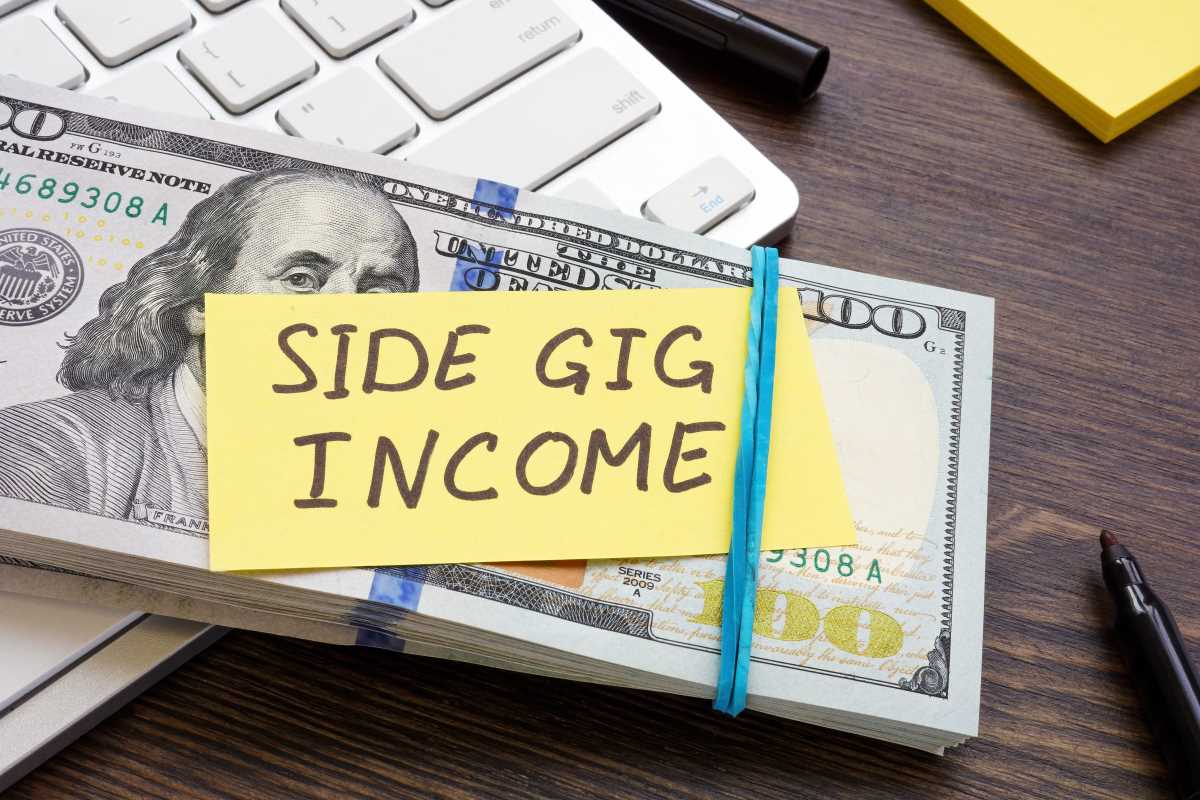Let’s rewind to 2008, a year that many of us still remember as one of the most turbulent financial periods in modern history. The economy crashed, homes were foreclosed, and the housing market collapsed like a house of cards. It felt like the world was spiraling into a financial abyss, and the worry was palpable. But, as tough as that year was, it taught us invaluable lessons that can still guide us today, especially if you’re just starting to figure out how to manage your money. As a financial expert, I believe that understanding what went wrong back then can help us avoid similar pitfalls now—and even use it as a stepping stone toward financial security. So, let’s dive into what 2008 can still teach us and how you can apply these lessons to build a solid financial foundation.
Lesson 1: Don't Put All Your Eggs in One Basket (Diversify!)
In 2008, many people had all their money wrapped up in one place—whether that was in their homes or specific stocks. When the housing market collapsed, homeowners lost their properties. Similarly, when stocks tanked, people saw their portfolios shrink. This left many scrambling for financial stability.
The key lesson here is that putting all your eggs in one basket is risky. If you’ve got money to invest, spread it out. Consider putting some of it in stocks, some in bonds, and maybe even some in real estate or other types of investments. That way, if one area hits a rough patch, you’re not entirely exposed.
Don’t put everything you have into one sector or asset class. A diversified investment strategy helps reduce your risk and keeps you from facing the devastating losses many experienced in 2008.
Lesson 2: Understand What You’re Investing In (Don’t Buy What You Don’t Get)
Many people lost their money in 2008 because they invested in complex financial products they didn’t fully understand—like mortgage-backed securities. These products seemed like a safe bet at the time, but when the housing market turned, they became virtually worthless.
This is a big one: if you don’t understand an investment, don’t buy it. Too many people were swept up by promises of big returns in 2008, only to end up losing everything. Before you put money into something, make sure you know exactly what it is and how it works. If something seems too good to be true, it probably is. If you’re unsure, consult a financial advisor who can help explain the ins and outs of potential investments.
Lesson 3: Debt Can Be Dangerous (Especially High-Interest Debt)
In 2008, many people were drowning in debt—especially from mortgages they couldn’t afford. When the economy turned, they couldn’t make their mortgage payments and faced foreclosure. Credit cards and other forms of high-interest debt were also a big issue for people who struggled to pay off their bills.
Living with too much debt can be dangerous, particularly if it’s high-interest debt like credit cards. Debt isn’t necessarily bad—it’s often necessary for things like buying a home or a car—but it can become a problem when it gets out of control. Focus on paying off high-interest debts as quickly as possible, and be careful about taking on any new debt unless you’re absolutely sure you can handle it.
Living within your means is key. If you can avoid credit card debt or take out loans only when necessary, you’ll be in a much better financial position.
Lesson 4: Build an Emergency Fund (Life Happens!)
During the 2008 crisis, many people lost their jobs or faced unexpected expenses. Those who didn’t have an emergency fund to fall back on had to make tough choices, often relying on credit cards or loans just to make ends meet.
Life happens, and unexpected financial setbacks can throw a wrench in your plans. That’s why having an emergency fund is one of the best financial safety nets you can have. Aim to save at least three to six months' worth of living expenses. This money should be set aside for things like a job loss, unexpected medical bills, or any other financial emergencies. It’ll provide you with peace of mind knowing you’re covered if life throws you a curveball.
Lesson 5: Be Prepared for Economic Downturns (They Happen!)
The 2008 crisis was a stark reminder that economic downturns are a part of life, and they can happen without warning. While no one can predict when the next recession will occur, being prepared can make all the difference.
Economic downturns can be hard to predict, but that doesn’t mean you can’t be prepared. Having a solid financial plan—complete with an emergency fund, a budget, and diversified investments—will help you weather the storm. Building resilience against economic changes isn’t just about saving money; it’s about having a strategy that allows you to adjust to market shifts and keep moving forward. The more prepared you are, the better equipped you'll be to handle tough times.
Lesson 6: Regulation Matters (Keep an Eye on the Rules)
One of the major contributors to the 2008 financial crisis was the lack of oversight and regulation in the financial industry. Banks and lenders were able to offer risky subprime mortgages without much scrutiny, leading to a cascade of defaults when homeowners couldn’t make their payments.
Though the financial regulations have been tightened since 2008, it’s still important to understand how rules and regulations affect your investments. Keep an eye on any changes in the financial landscape, as they could impact your portfolio or personal finances. Being informed about how regulations affect the market can help you make better decisions and avoid risks that could arise from industry changes.
Lesson 7: Don’t Panic (Stay Calm and Make Smart Decisions)
When the 2008 crisis hit, many people panicked and made emotional decisions, like selling off investments at a loss or making hasty financial moves. In times of crisis, it’s easy to feel like you need to act quickly, but making decisions in a panic rarely works out well.
When times get tough, don’t let fear take over. Stay calm, take a step back, and think about your financial situation logically. If you're tempted to sell your investments or make a rash decision, give yourself some time to breathe and evaluate the situation. Often, financial markets will bounce back over time, and acting out of fear can lead to bigger mistakes.







